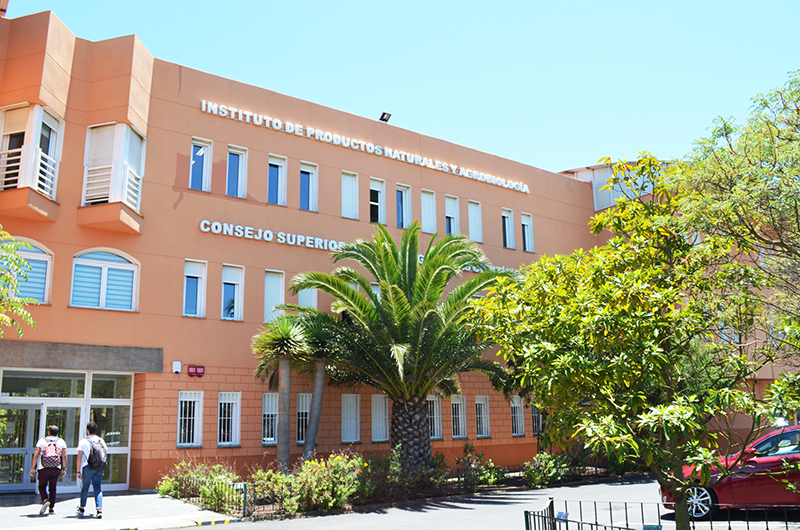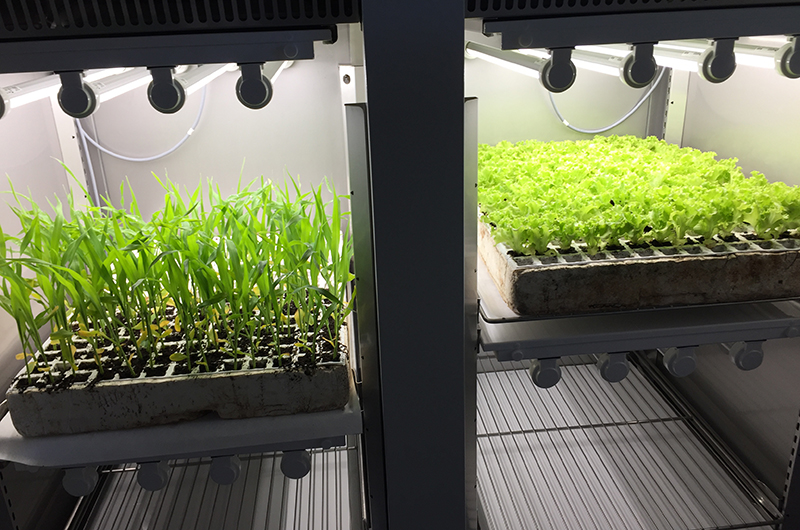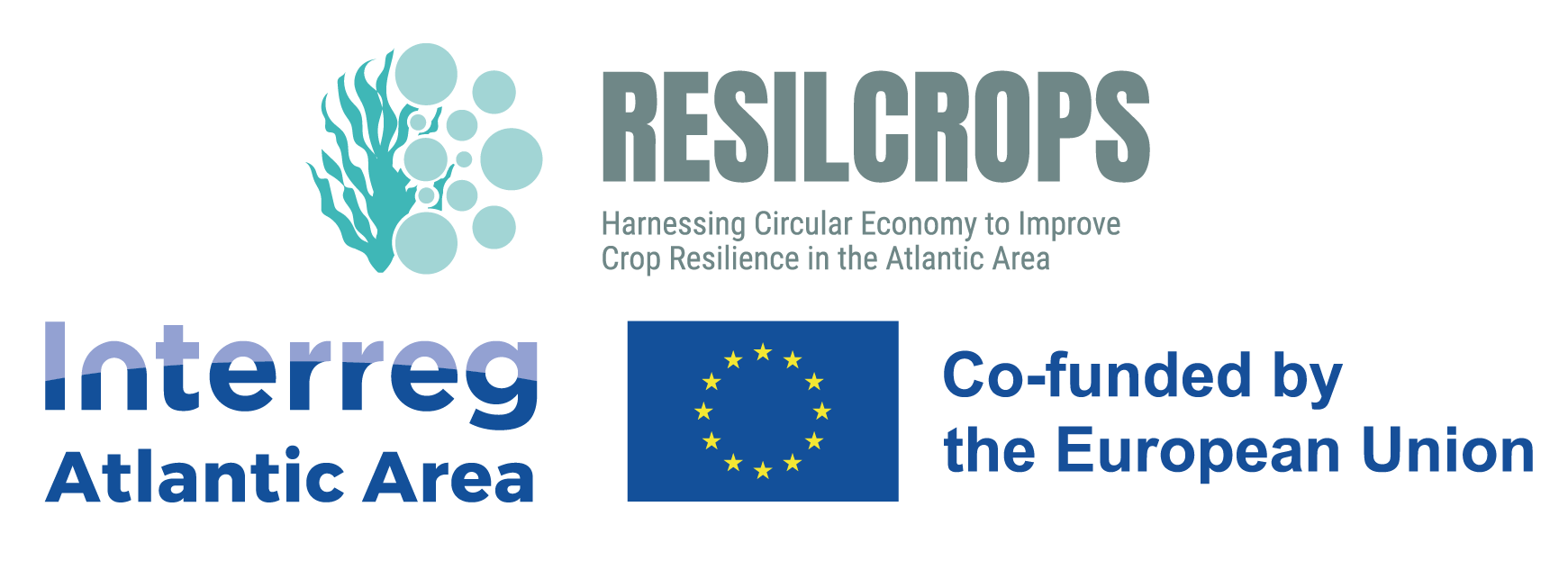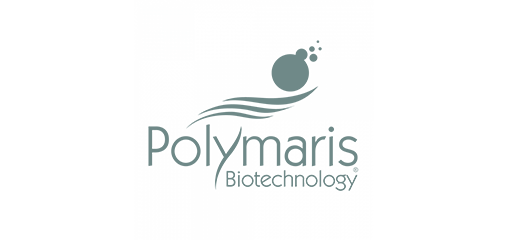Project

• RESILCROPS is committed to natural biostimulants derived from algae and microorganisms to protect crops from climate change.
• CIDIHUB, the Canary Islands Digital Innovation Centre, helped IPNA-CSIC obtain more than €2.6 million for the project, which was approved under the Interreg Atlantic Area 2021-2027 programme.
• RESILCROPS involves an international consortium of entities from Spain, Portugal, France and Ireland.
• In addition to IPNA-CSIC, Spain is represented by the University of La Laguna (ULL), the Institute of Dairy Products of Asturias (IPLA-CSIC), the Cabildo of Tenerife and COPLACA.
An international project
The RESILCROPS consortium comprises partners from four Atlantic countries: Spain, Portugal, France and Ireland. Nine beneficiaries are participating, including eight universities and research centres, as well as the French company Polymaris, which specialises in marine biostimulants. In addition to the IPNA-CSIC (Spanish National Research Council) and the IPLA-CSIC (Asturian Institute of Agricultural Research and Development), which are leading the project, Spain is represented by the University of La Laguna (ULL). The Cabildo Insular de Tenerife, the seaweed bank of Gran Canaria (ULGC), and the agricultural organisation COPLACA are collaborating as associate partners.

Innovative and sustainable solutions
The RESILCROPS project (Harnessing Circular Economy to Improve Crop Resilience in the Atlantic Area) is among the 24 projects approved in the Third Call for Proposals of the Interreg Atlantic Area Programme 2021-2027, a European initiative that promotes transnational cooperation to address shared challenges in the Atlantic Area regions. This European funding, totalling €2.6 million, will enable RESILCROPS to advance its proposal to promote a more resilient and sustainable agricultural model through the use of natural biostimulants derived from algae and microorganisms.
These innovative and sustainable solutions will help protect crops from stress factors such as pests, droughts and extreme temperature changes, while contributing to a circular economy. Furthermore, by addressing the specific challenges of each region, RESILCROPS will enable the Atlantic area to adapt to climate change and ensure a secure and sustainable food supply for the future.



























